COMUNICATO STAMPA SULLA COPPA DEL MONDO PER CLUB FIFA, I TIFOSI DELL’INTER SOSTENGONO CHE IL “RIGORE CHIARO” È STATO IGNORATO CONTRO IL MONTERREY
In a dramatic kickoff to the 2025 FIFA Club World Cup, Inter Milan and CF Monterrey played to a 1–1 draw on June 17, 2025, in Pasadena’s Rose Bowl Stadium. While both teams shared the spoils, post-match reactions from Inter fans unsurprisingly centered on claims that a “clear penalty” was wrongly dismissed after a noticeable handball incident. The uproar prompted FIFA to release an official statement, explaining their stance and the decision-making process behind the event.
The Incident in Question
Late in the first half, Inter Milan defender Benjamin Pavard appeared to connect with the ball via a header in the Monterrey penalty area. The ball then made contact with Monterrey defender/floor-bound Sergio Ramos, seemingly on the arm, before being cleared . Replays showed a moment of agonizing suspense for Inter players and supporters, who immediately appealed for a penalty. However, referee Wilton Sampaio—assisted by VAR—opted against awarding a spot-kick.
Fan Reaction: Social Media and Stands Erupt
As soon as the incident unfolded, both the televised match and early social media streams erupted:
- Insta streams and Twitter exploded with hashtags like #PenaltyInter and #SampaioMistake, with thousands of fans demanding justice.
- Insider clips shared by Instagram live accounts showed Inter’s Virgil van Dijk-style mood in the dressing room, as teammates applauded Pavard’s “bravery” in playing the ball.
- On Sky Italia’s discussion panels, pundits generally agreed: “It looked like the ball hit close to Ramos’s arm—but the unanimous sentiment is that VAR didn’t intervene decisively.”
Meanwhile, inside the Rose Bowl crowd of 40,311, many Inter fans voiced their frustration by booing clearances exiting the penalty area. The moment became the main flashpoint of a game otherwise praised for its fiery tempo and competitive spirit .
FIFA Releases Official Statement
Within hours, FIFA sought to put the debate to bed. Their public statement, circulated via official channels, clarified:
- Ball contacted the arm mid-air: FIFA acknowledged the ball’s contact with Sergio Ramos’s arm. However, they emphasized that the arm of a player in an aerial duel is often regarded as “natural playing position,” especially when the player is attempting a defensive header.
- Intent and reaction carefully reviewed: VAR officials determined that Ramos’s arm was not extended unnaturally—there was no evidence of deliberate handball. They stressed the challenge was “fair and part of the contested aerial play,” not warranting a foul.
- VAR protocols adhered to: FIFA reiterated that VAR intervention is limited strictly: clear and obvious errors are required for overturning a call. The arm contact didn’t meet that threshold. The decision was consistent with interpretations from official refereeing guidelines.
- Reaffirmation of officiating transparency: FIFA closed by emphasizing the integrity of the tournament, stating they would issue “decisions summaries” after each refereeing intervention—or lack thereof—to enhance transparency.
The statement concluded by sympathizing with fans’ disappointment, but urging “understanding of the limits of the law on such in-play incidents”.
What the Laws Say: A Deep Dive
To fully grasp the ruling, it’s vital to examine IFAB’s Laws of the Game regarding handball:
- Arm Positioning: When a player’s arm or hand is in a natural position as part of maintaining balance or contesting a ball in the air, it is not an offence. Only if the arm is “extended” from the body—making the silhouette bigger—is it considered unnatural and penalised.
- Deliberate vs Involuntary Contact: A handball occurs only if the player deliberately handles the ball or if the ball strikes an arm in non-natural position. Football is riddled with body contact—only clear acts of handling are punishable.
- VAR’s Role: The technology serves to identify “clear and obvious errors.” In this case, FIFA and VAR teams concluded the original “play on” decision was correct.
Therefore, Ramos’s aerial duel outcome fell well within the legal interpretation FIFA reiterated in their official response.
Support and Backlash from Pundits and Media
Italian media, known for passionately backing Serie A, reacted strongly:
- La Gazzetta dello Sport headlined, “VAR Misses the Mark—Clear Penalty for Inter Passed By,” calling FIFA’s statement “missed the spirit of justice.”
- Corriere dello Sport published player reactions: “We all saw it. We were sure of it”—probably referencing Pavard and Barella—but they also acknowledged that “the linesman had the angle, they judged it.”
Conversely, neutral voices offered defense:
- Former VAR consultant Marco Guida told Sky that FIFA’s statement was “technically sound.” He explained the arm was pinned inwards and the contact was minor—making the no-call decision acceptable.
- ESPN’s Alison Bender tweeted, “Instances like this define FIFA’s tournament—they want to avoid over-penalising physical play, especially aerial duels”—highlighting how regional and stylistic differences impact officiating.
Impact of the Statement: Is It Enough?
Although FIFA’s stance aligns with their own laws, many Inter fans remain unconvinced. Supporters continued debates across reddit and fan forums well into the night, sometimes with sarcasm like “FIFA invents new handball rule: if you’re Ramos, it’s legal”.
Internally, Inter Milan maintained professionalism. Coach Cristian Chivu refrained from complaining post-match, instead emphasising his team’s attacking improvements. Club insiders revealed to the press they would “evaluate long-term VAR performance but won’t file formal complaints.”
Meanwhile, Monterrey’s coach Domènec Torrent was diplomatic, simply noting: “Football has moments of controversy. We respect the decision but look forward to focus on the next game.”
Player Perspectives
Both Benjamin Pavard and Lautaro Martínez commented briefly:
- Pavard, asked about the incident, replied: “I went for the header, ball hit his arm. I felt it—felt it was a penalty. But I respect VAR. I don’t blame them, we move on.”
- Martínez noted: “We saw it live. It hurt. It would have changed the game. But we respect the referee’s call.”
On Monterrey’s side, Sergio Ramos brushed aside the issue: “We play hard, aerial battles are tough—but I was just trying to defend. VAR made its call.” His calmness contrasted sharply with the tension among Inter’s devoted contingent.
Why This Matters for the Tournament
1. Sets Tone for VAR Usage
As the Club World Cup rolls on, this incident acts as a template for how VAR will be applied in contentious situations. FIFA’s forthright defense is likely to temper future appeals and may discourage players from dramatizing borderline fouls.
2. High Stakes in a Packed Group
Group E’s competitiveness—featuring River Plate, Urawa Red Diamonds, Monterrey, and Inter—means every point matters. A lone penalty could have tilted the match 2–1 in Inter’s favor, potentially affecting group rankings and quarter-final qualification.
3. Fan Trust Under Scrutiny
Persistent belief in bias or misinterpretation could erode fan trust in officiating. FIFA’s choice to “announce transparency first” is a defensive move designed to stave off erosion—but will it satisfy passionate supporters? Only time, games, and consistency will tell.
Ahead in the Tournament: What’s Next
Inter return to action on June 21, facing Urawa Red Diamonds in a must-win fixture. The morale from reprisal will matter—but so will the question: will they leave any penalties unclaimed?
Monterrey, buoyed by Ramos’s heroic header and the absence of misconduct consequences, face River Plate at the same time. A win could redefine the group.
Meanwhile, VAR’s credibility is under spotlight—will FIFA’s explanation make the next controversial moment less combustible? If another critical error occurs, fans and media will compare, scrutinize, and remember how FIFA positioned itself in this first debate.
Final Verdict: A Statement, Not a Settlement
While FIFA’s official response addressed the technical angles of the incident, it stopped short of quelling sentiment among Inter’s loyal fanbase. The ongoing dialogue underscores a sport straining to balance competitive intensity with fair-play protocols in the VAR era.
For Inter fans, frustration remains palpable. But for poem-chasing purists, FIFA’s pushback is welcome clarity. Ultimately, the incident offers a prime case study in modern football—one that will echo well into this tournament and beyond.
Final Thoughts
FIFA’s statement provided context and rules-based reasoning—but the “clear penalty” debate lives on in chatter and potential replays. Looking ahead, how referees, VAR operators, and fans respond in similar situations will define whether this was a one-off hullabaloo or a defining moment in officiating transparency.
For now, Inter fans maintain their stance: they saw a penalty. FIFA says they didn’t. As the Club World Cup advances, all eyes—and cries—will remain locked on those split-second decisions.
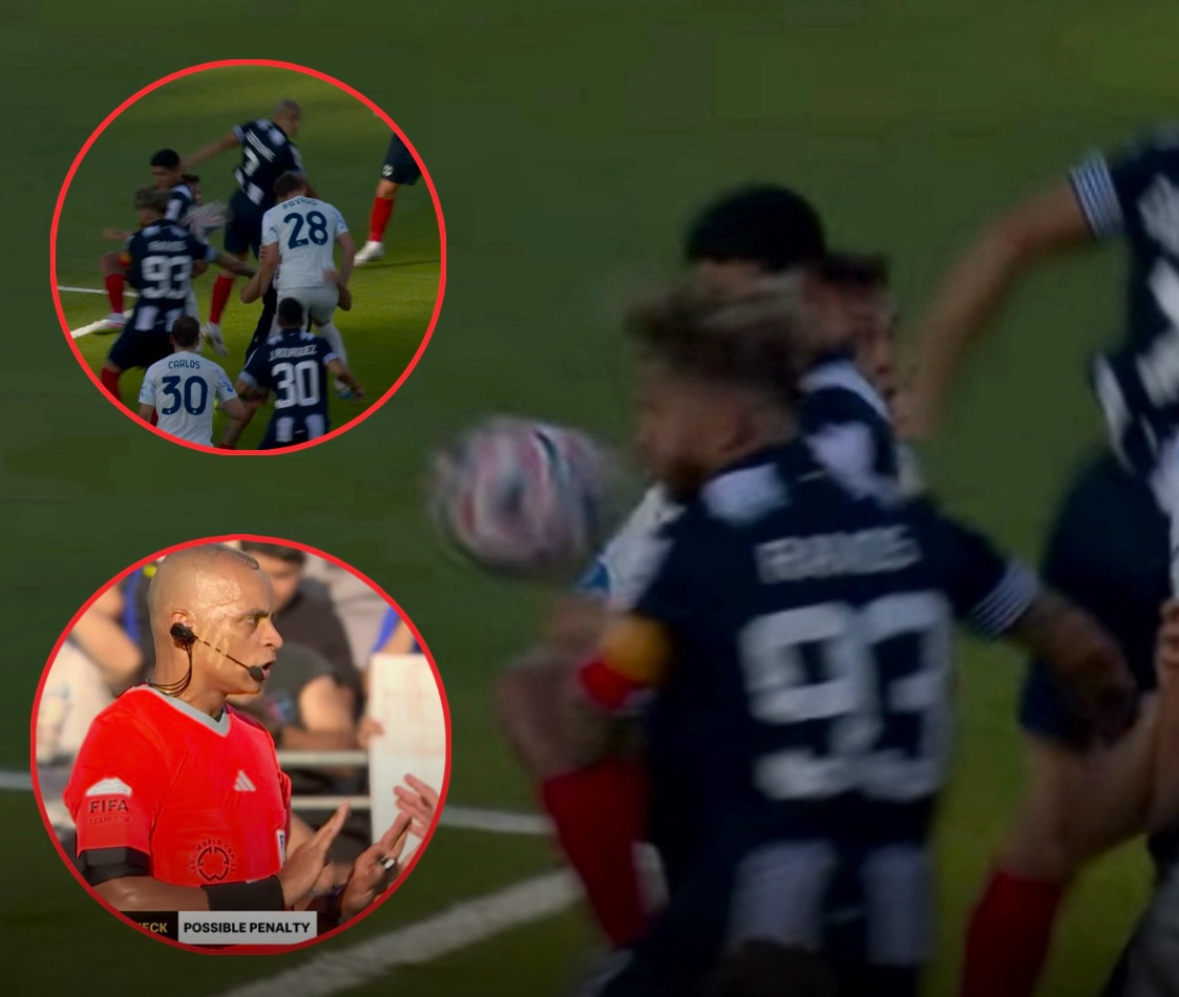
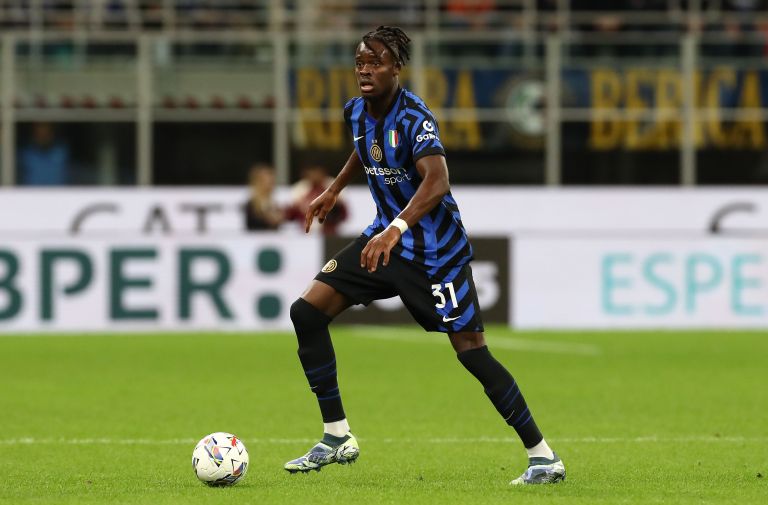
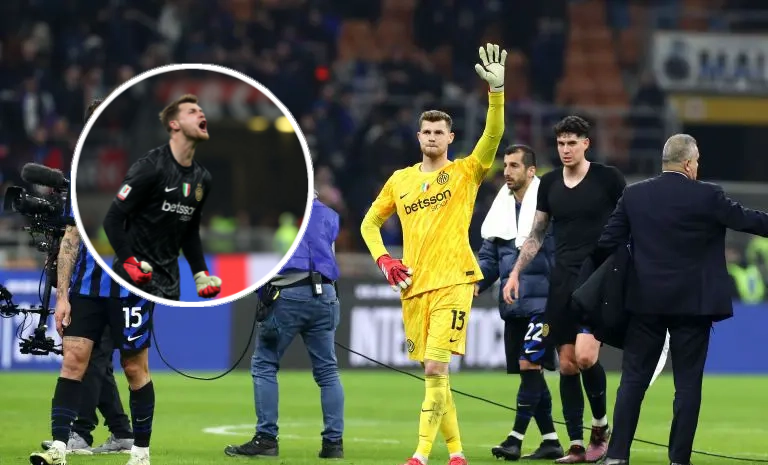
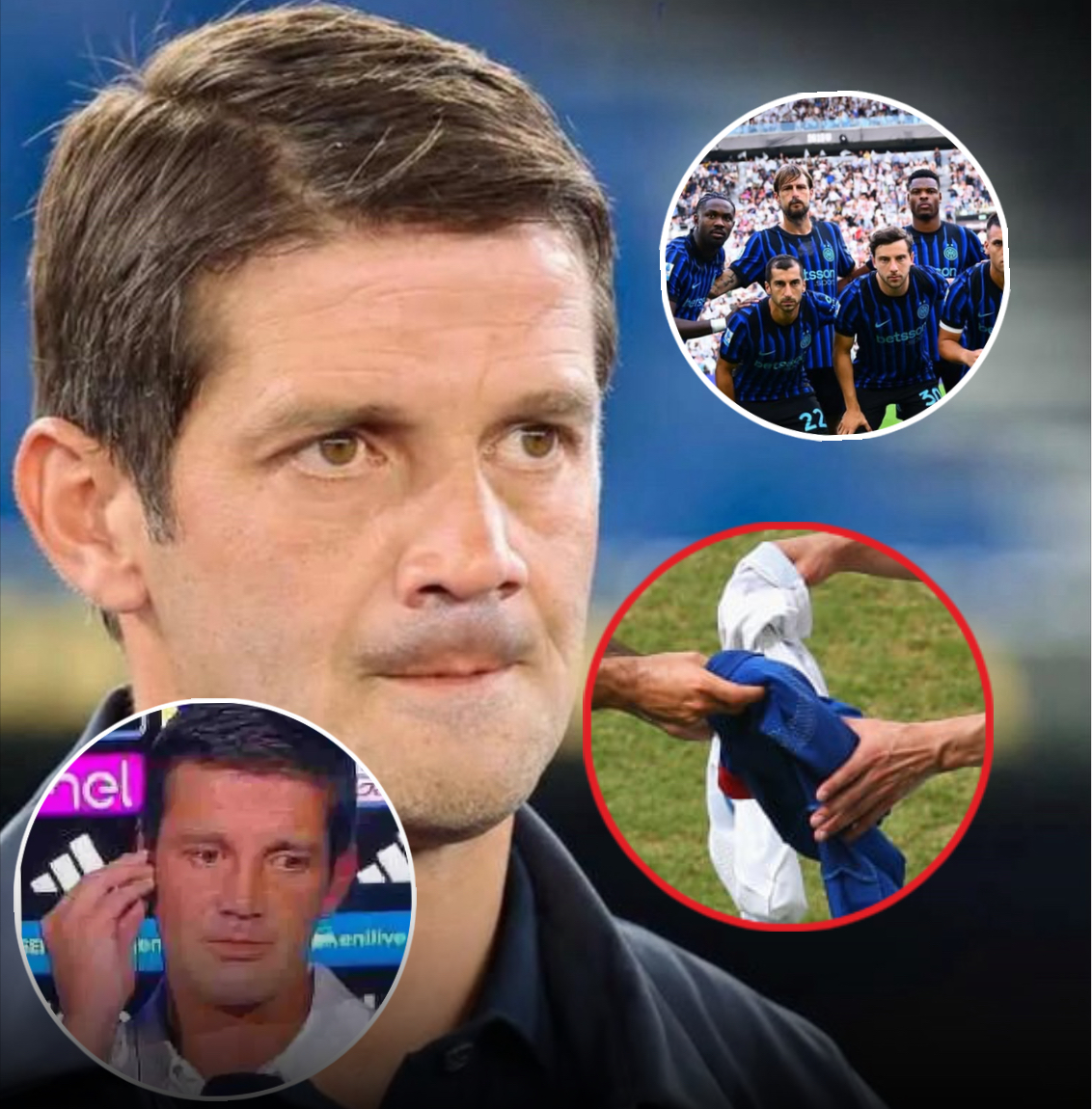
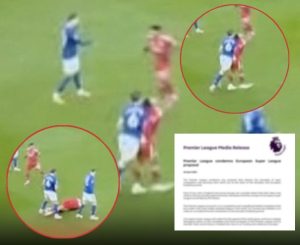
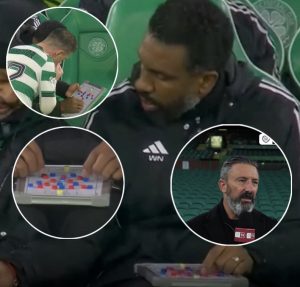
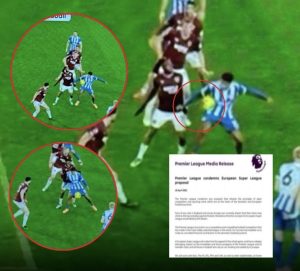
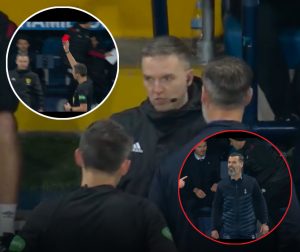
Post Comment